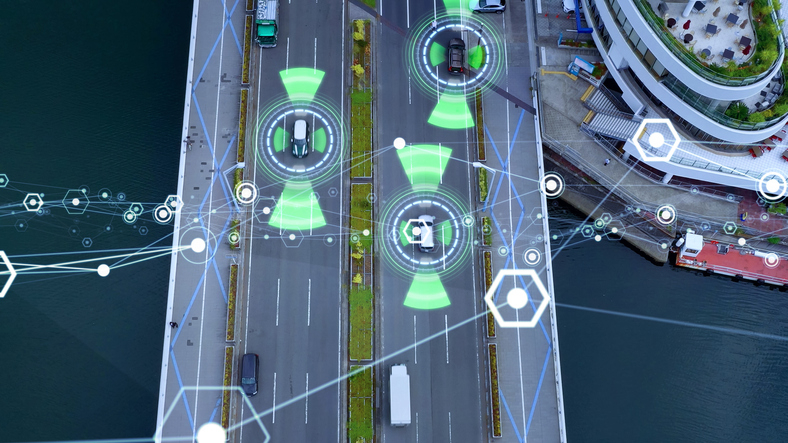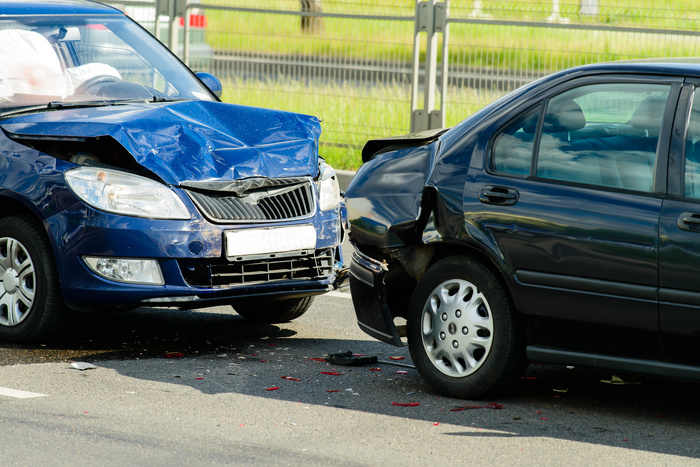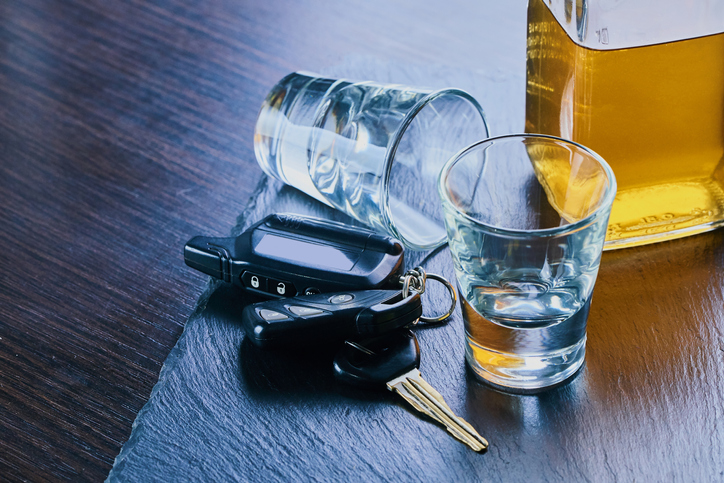Drivers who have recently purchased a new car are quickly recognizing the benefits of advanced driver assistance systems (ADAS). This type of technology utilizes sensors and cameras to detect potential collision risks, as well as blind-spot risks. One new car owner said ADAS technology sounded an alarm, then automatically stopped his car while he was backing out of a parking space. Just then, another car raced past him.
MarketsandMarkets estimates that the global market for ADAS technology will reach $83 billion by the year 2030. The most common ADAS features found in new cars include:
- Adaptive cruise control — Helps to maintain a safe following distance between two or more cars.
- Automatic emergency braking — Applies the brakes during an impending collision.
- Blindspot detection — Notifies drivers of other cars in blindspots.
- Collision warning — Sounds an alarm to warn drivers of an impending collision.
- Cross-traffic alert — Alerts drivers of cars, pedestrians and bicyclists approaching from the side or rear.
- Lane departure warning — Warns drivers when their cars drift from a lane.
- Pedestrian detection system — Detects pedestrians crossing the roadway.
Studies weigh the pros and cons of ADAS technology
Most studies suggest that ADAS technology is effective at reducing car accidents and injuries. Research has been conducted by LexisNexis Risk Solutions. They found that since the advent of ADAS technology, bodily injury claims had reduced by 27 percent and property damage claims by 19 percent. Another study conducted by the Insurance Institute for Highway Safety (IIHS) found that cars equipped with blind spot monitoring had 14 percent fewer crashes than those without it installed. The same study suggests that blind spot monitoring could have prevented 50,000 crashes yearly if each car were equipped with it.
In addition, the IIHS found that:
- Cars equipped with forward collision prevention had 50 percent fewer front-to-rear crashes, and 56 percent fewer injuries than cars without it.
- Cars with backing collision avoidance had 78 percent fewer crashes when backing up. They also had 30 percent fewer claim rates for damage to other vehicles than cars without it.
Like most autonomous and semi-autonomous technology, ADAS isn’t foolproof. One car owner recalls a moment when the automatic braking system was activated because the blindspot monitoring system misread that a car in the neighboring lane was about to collide with him.
Other research conducted by AAA has found that ADAS can, at times, interfere with normal driving functions or fail entirely when it’s most needed.
Reliance on ADAS may contribute to crashes caused by human error
We have an epidemic of crashes caused by distracted driving, speeding and impaired driving. ADAS technology may help reduce the likelihood of a crash caused by human error. Proponents of ADAS often fail to acknowledge that reliance on this tech may increase the risk of a crash. For example, drivers who occasionally look at their cellphones while driving may think it’s safe to do so more often. They may assume that ADAS will take control in the event of an impending crash.
If ADAS technology fails to do what it’s intended to do, and drivers aren’t in control of their cars, the consequences could be catastrophic. The use of ADAS technology is becoming more widespread. It is possible that reliance on it can become a form of human error in and of itself. While ADAS technology may be valuable to the safety of our roadways, it must be utilized responsibly.
Should you or a loved one be injured in a crash with an inattentive driver, it’s important that you speak to an experienced attorney who can handle your car accident case and get results. You may be suffering from a serious injury, such as a concussion, whiplash, bone fracture or spinal injury. In addition, you’re dealing with paying medical expenses while you’re unable to work and earn a living. You deserve nothing less than the full compensation for your current and future damages.
The legal team at Coplan + Crane has extensive legal knowledge and experience investigating crashes, litigating cases and negotiating with insurance companies for full and fair compensation. Our law offices are located in Oak Park and Rockford, Illinois and we serve clients in the greater Chicago area. Contact us online or call us to set up your free case evaluation.
















